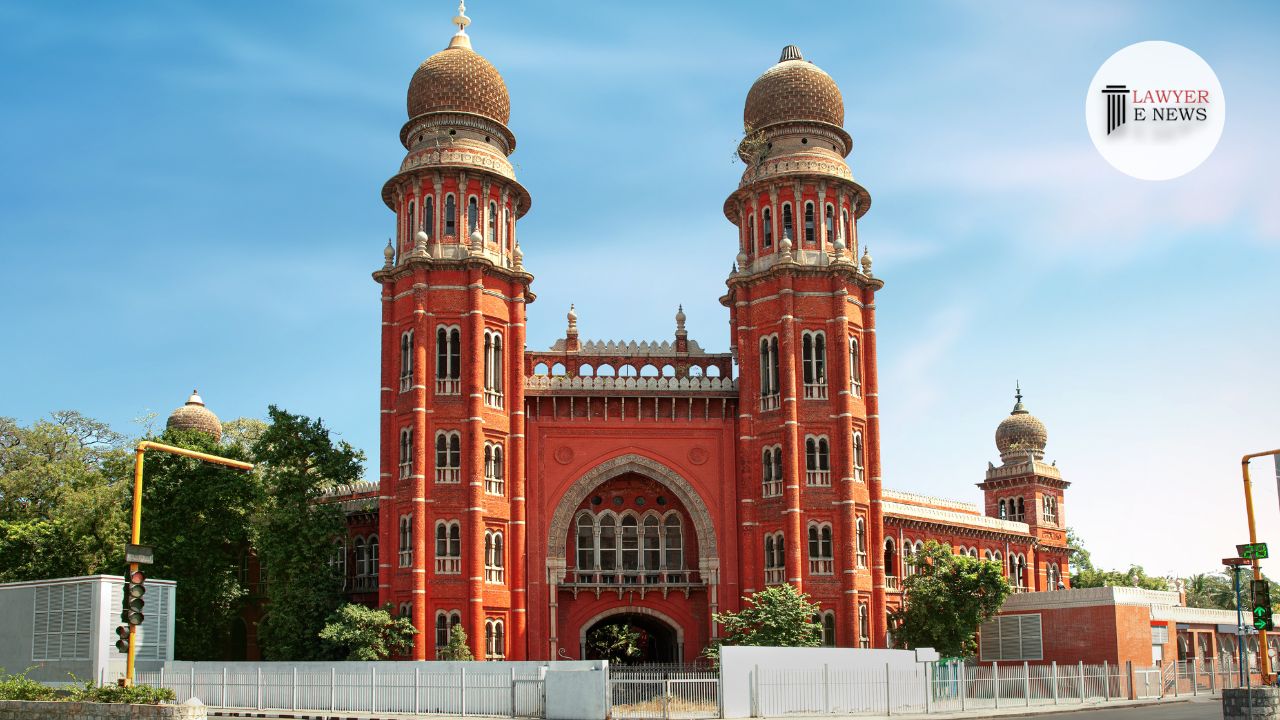-
by sayum
14 February 2026 2:22 PM



In a significant ruling, the Madras High Court (Madurai Bench) presided over by the Honourable Mrs. Justice S. Srimathy, addressed a complex legal issue involving the Indian Overseas Bank and the employees of the defunct M/s. Thiruchendur Murugan Spinning Mills. The judgment, delivered on 16th February 2024, pertains to W.P.(MD)Nos.16714, 17225, 20679, 20681, and 21320 of 2014, focusing on the dispute over gratuity payments to the employees of the closed mill, which had its assets possessed by the bank for loan recovery.
At the heart of this case was the determination of liability for gratuity payments under the Payment of Gratuity Act, especially when a bank, as a secured creditor under the SARFAESI Act, takes over the assets of a defunct company. The court examined whether the Indian Overseas Bank, having control over the assets of M/s. Thiruchendur Murugan Spinning Mills, was liable to pay gratuity to its former employees.
M/s. Thiruchendur Murugan Spinning Mills, after failing to repay a loan of Rs. 2,20,00,000 taken in 1994, was declared a non-performing asset. The bank subsequently took possession of the company’s properties under the SARFAESI Act. The employees, left jobless since 1995, filed gratuity applications against the mill and the bank. The bank, however, contended that it was merely a secured creditor and not liable for the gratuity payments, as there was no direct employer-employee relationship.
Justice Srimathy meticulously analyzed the interplay between the SARFAESI Act and the Payment of Gratuity Act. She observed, “Even though the bank is not the direct employer, it has control over the assets of the company, thereby owing gratuity payments.” The court recognized that the bank and employees have equal charge (Pari passu) over the assets, debunking the bank’s argument that SARFAESI Act’s provisions override the Payment of Gratuity Act.
The judge further noted, "The workers' dues are a statutory liability, and both SARFAESI and Indian Companies Act grant protection to these dues, placing them on par with the secured creditor’s claim.”
Concluding her judgment, Justice Srimathy ordered the Indian Overseas Bank to pay Rs. 42,00,000 in gratuity to the employees. The bank is entitled to recover the balance amount of Rs.1,85,474 from the gratuity deposit of Rs.43,85,474. She directed the Assistant Commissioner of Labour to disburse the fixed amount of gratuity to the workers. The petitions were thus disposed of with no additional costs.
Date of Decision: 16th February 2024
Indian Overseas Bank vs M/s. Thiruchendur Murugan Spinning Mills & Ors.
[gview file="https://lawyerenews.com/wp-content/uploads/2024/02/Mad-16-Feb-24-Indian-Overseas-Bank-Civil.pdf"]
